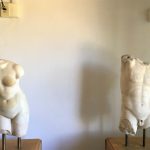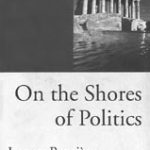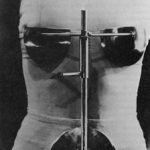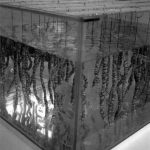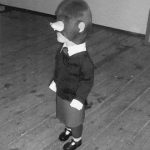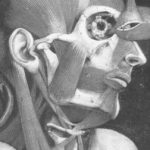Bodies in space: On the ends of vulnerability
Weaker now, we mistakenly identify ourselves as our bodies. Ilona Sagar, ‘Correspondence O’, digital video, 2017 I have had twenty-five or thirty souls, with their bodies, at once under my roof, and yet we often parted without being aware that we had come very near to one another. Henry David Thoreau, Walden, 1854 The last […]
